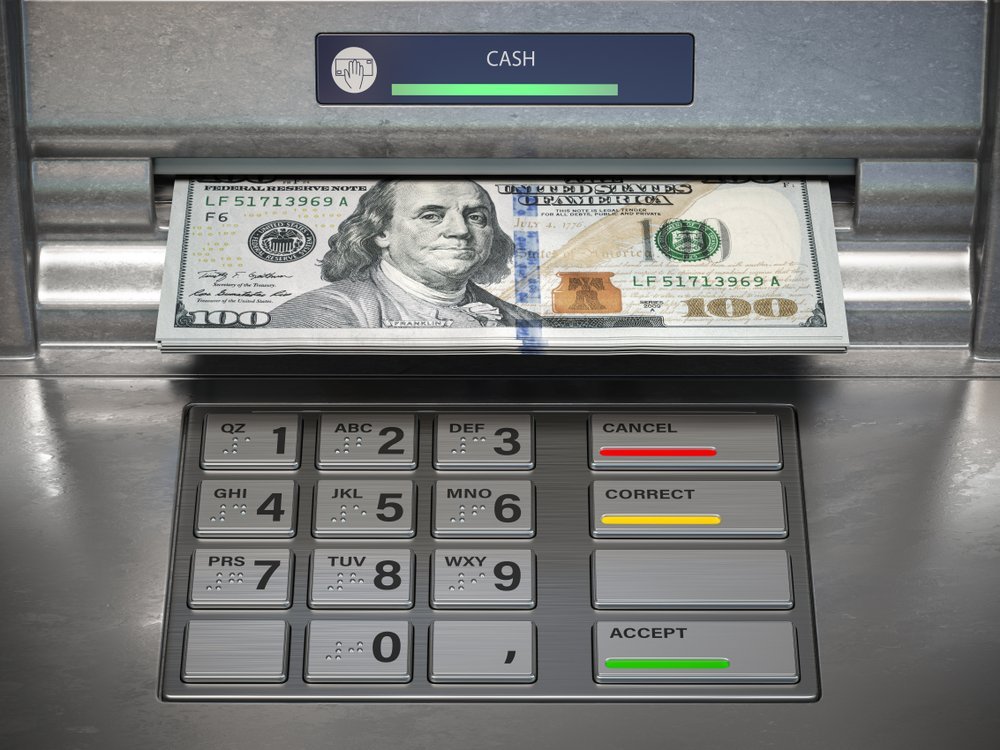Ability to Withdraw Money Early from Retirement Plan Without Penalty Expires at the End of the Year
If you are experiencing financial hardship due to the coronavirus pandemic, you may want to consider withdrawing money from your retirement account while you still can. The special exemption allowing early withdrawals without a penalty ends soon.
Posted on November 24, 2020

Passed in March 2020, the Coronavirus Aid, Relief, and Economic Security (CARES) Act allows individuals adversely affected by the pandemic to make hardship withdrawals of up to $100,000 from retirement plans this year without paying the 10 percent penalty that individuals under age 59 ½ are usually required to pay. This exemption is only for withdrawals made by December 30, 2020.
If you decide to withdraw money from your retirement account, you will still have to pay income taxes on the withdrawals, although the tax burden can be spread out over three years. If you repay some or all of the funds within three years, you can file amended tax returns to get back the taxes that you paid.
To qualify for the exemption, you must meet one of the following criteria:
- You or a spouse or dependent have been diagnosed with COVID-19
- You or your spouse have suffered financial hardship due to the pandemic, such as a lost job, a job offer rescinded, reduced pay, business closed, or inability to work due to lack of childcare.
This step should not be taken lightly. Withdrawing money now means your retirement funds will be reduced and limits the retirement plan’s ability to grow. But for some people, it may be the best option to pay bills and avoid running up high-interest credit card debt.
For information from the Consumer Financial Protection Bureau on how the withdrawal exemption works, click here.
More from our blog…
Elder Financial Abuse: How an Elder Law Attorney Can Help
Elder financial abuse is a significant issue affecting many older adults nationwide. It involves someone exploiting or misusing an older person’s finances or assets for [...]
Does Medicare Cover Prescription Weight Loss Drugs?
Americans have a growing appetite for prescription drugs such as Ozempic, Wegovy, and Mounjaro. Originally developed to treat Type 2 diabetes, they are now exploding [...]
How Social Security Overpayment Rules Are Changing
With a new commissioner at the helm, the Social Security Administration (SSA) has been announcing several policy changes in recent weeks. In late March 2024, the [...]
Claiming the Guardianship of an Elderly Parent
Often an aging parent will lose their ability to think clearly or make informed decisions about their life. This may occur because of dementia, mental [...]
Recent blog posts

FREE WEBINAR
5 Things to Know About
Estate Planning
When You Turn Sixty-Five





